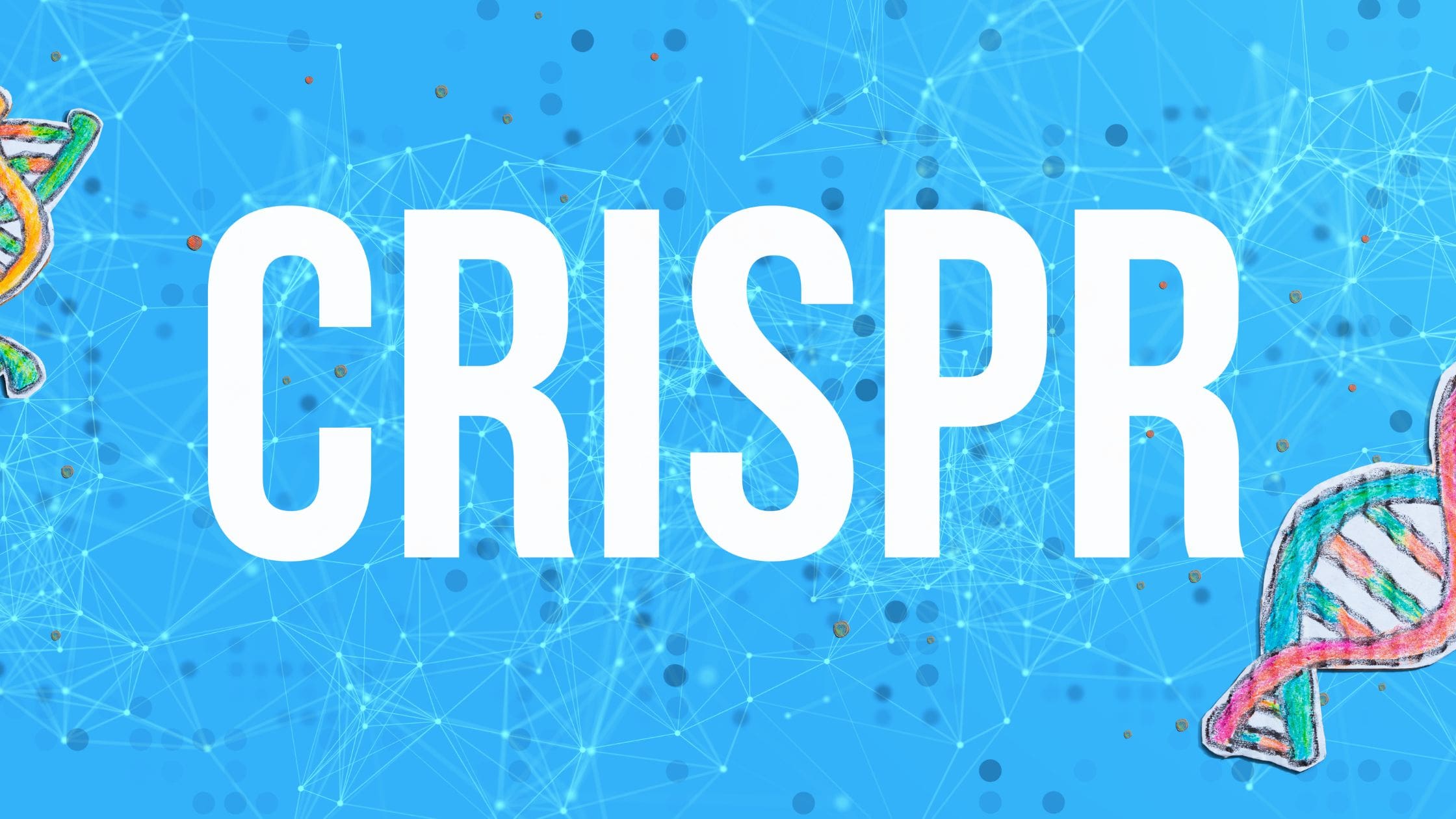From plastic surgery to skincare regimens to diet changes, humans go to great lengths to delay the aging process. However, the key to longevity may lie in an unexpected place – the bottom of the ocean. Rockfish, which tend to reside behind rocks on ocean floors around the globe, have lifespans that sometimes span over 200 years, making them the longest-living animals on the planet. They achieved that impressive ranking over just eight million years, which is relatively short in the overall history of evolution.
Scientists at Harvard Medical School and Boston Children’s Hospital, spearheaded by research fellow Stephen Treaster, studied 23 species of rockfish to see how they achieve such remarkable longevity.
The rockfish genome sequence included 118,000 conserved noncoding elements, 2,500 ultraconserved noncoding elements, almost 300 microRNAs, and over 285,000 elements of coding. Studying selective pressures on pathways showed that rockfishes have ancestral states that were long-lived for lives ranging up to 200+ years and adaptive for short lives as short as ten years. Identifying the human aryl-hydrocarbon metabolism pathway showed survival in the 99th percentile. The same pathways are now looked at to investigate the association in the genome of humans.
Unlike several other species of animals, rockfish have no connection between their long lifespans and ecological factors like body size. There is a specific set of genes that influence their long lives. Those genes also exist in humans and work by creating proteins for amyloid precursors, regulating glycogen and sirtuins, and signaling insulin. In humans, abnormal processing of these genes can contribute to Alzheimer’s disease. A surprise discovery was a set of genes that metabolize flavonoids, which impact when an organism reaches sexual maturation.
After analyzing rockfish genomes, scientists did the same for human ones for both flavonoids and insulin. They discovered a direct link between flavonoid metabolism genes and longer human survival. The study showed that flavonoid metabolism directly influences human longevity. Further research on zebrafish is helping to solidify the hypothesis.
The genomes of rockfish can one day help researchers prevent human illnesses related to aging, like Alzheimer’s, cancer, and heart disease. Those illnesses are not usually due to lifestyle or environmental factors but age alone.
How will this research impact humans?
The result of this study may be utilizing flavonoids and insulin on a larger scale to increase human lifespans. Flavonoids are found in small amounts in food and have anti-inflammatory properties that can slow aging and prevent diseases. The role of flavonoids in preventing age-related diseases offers hope for new approaches to preventing, delaying, and treating them.
Rather than analyzing the entire human genome, which is very time-consuming and overwhelming in terms of data, looking for two specific variations helps scientists narrow down the factors they need to analyze. Insulin and flavonoids are now the main targets of the research, and gathering data for those alone makes finding a correlation between aging and genes much more doable than before the rockfish study began.
The future of this study involves showing more direct connections between insulin and flavonoids and longer lifespans in humans. By proving there are links, scientists can begin to change them, ultimately helping humans have longer, healthier lives. From discovering this genome in rockfish, scientists can move on to zebrafish to genetically modify flavonoid and insulin metabolism genes.
It doesn’t stop there. The result? Eventually, we may be able to expand our lifespans through simple everyday choices and the power of preventative medicine.




